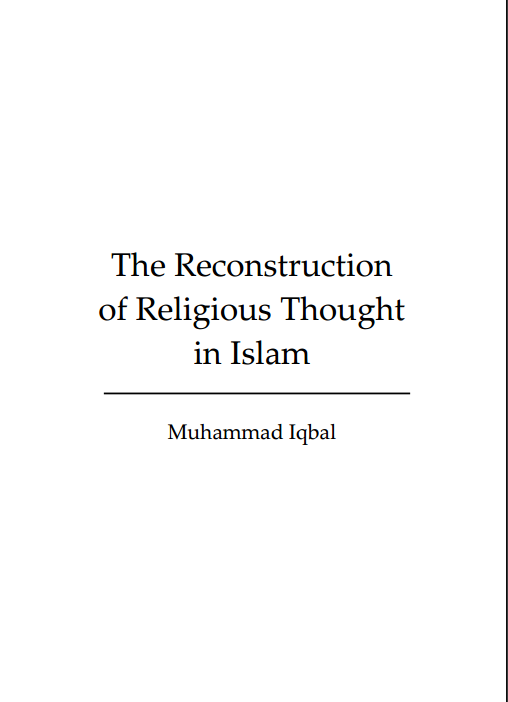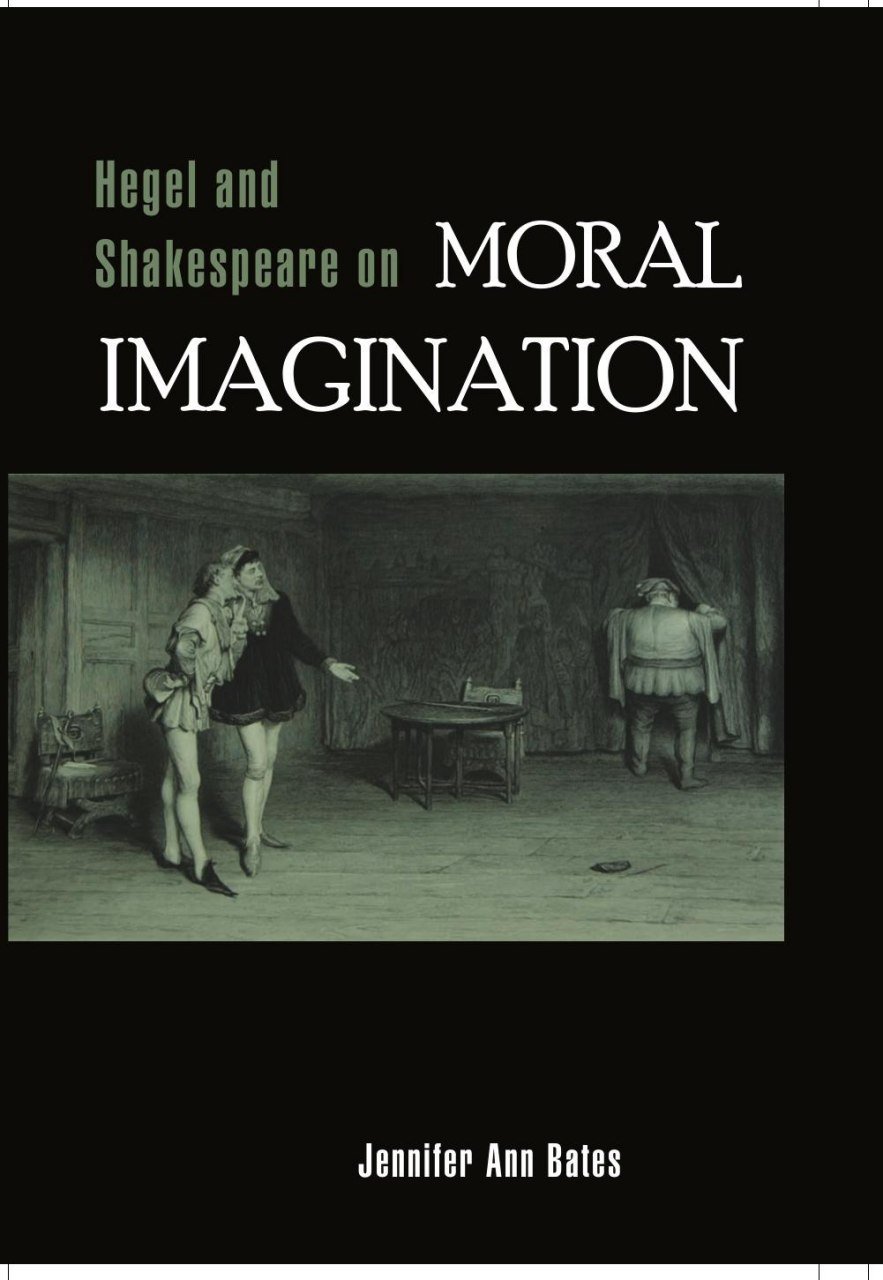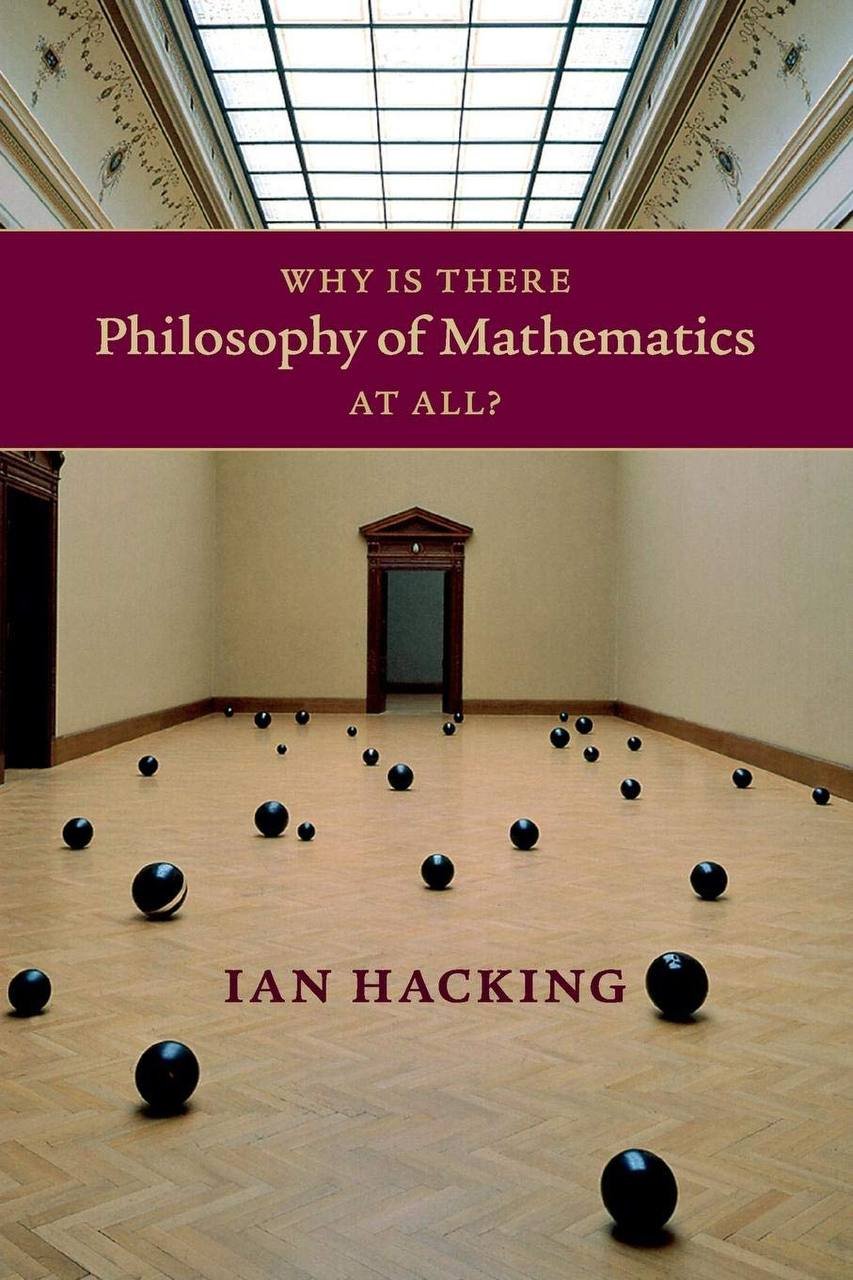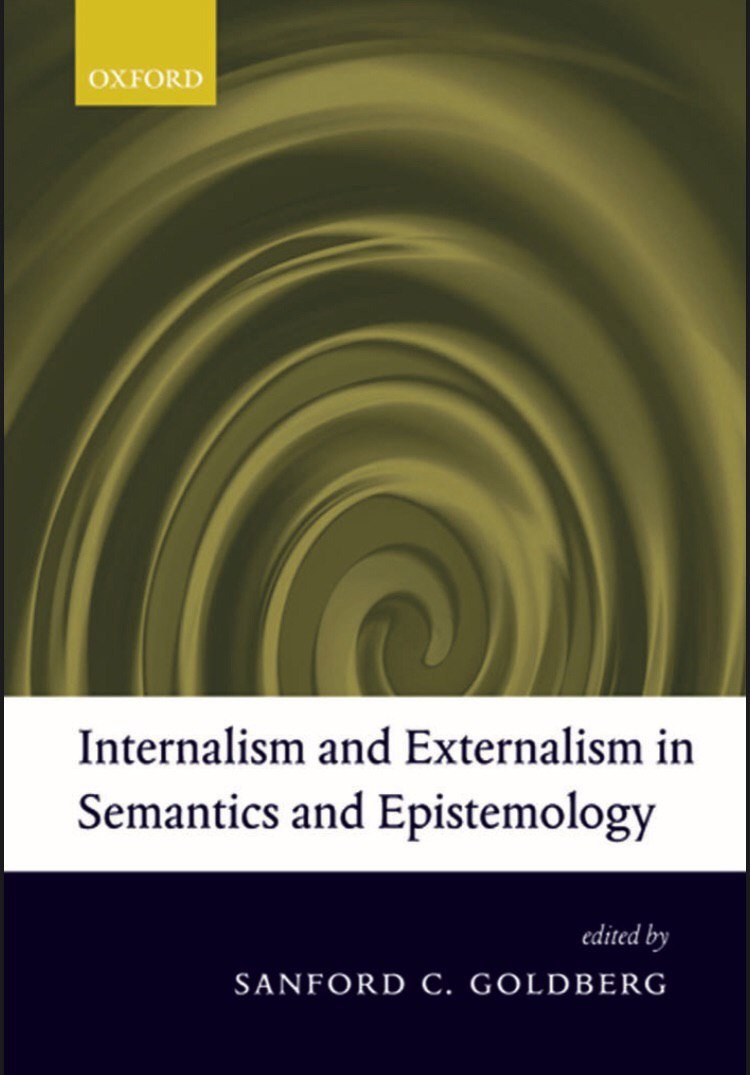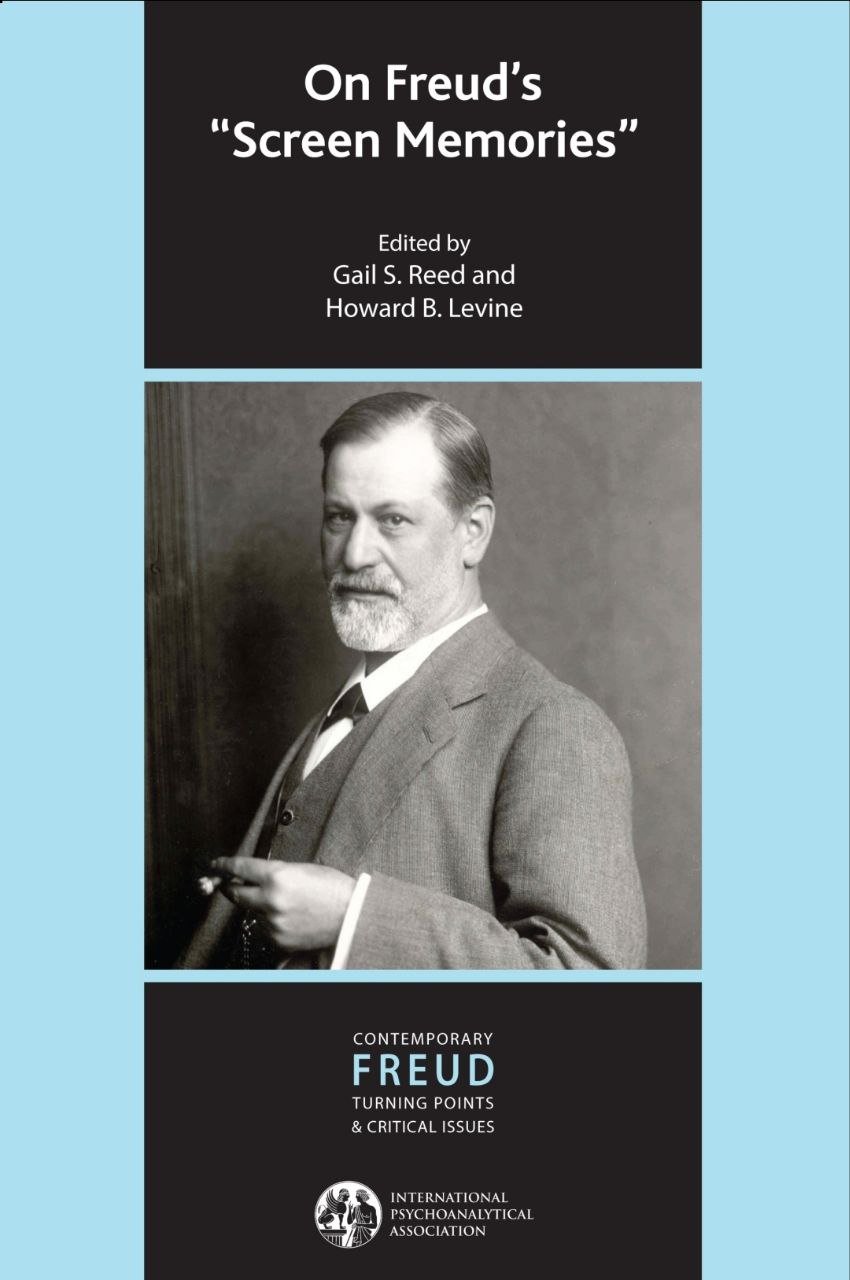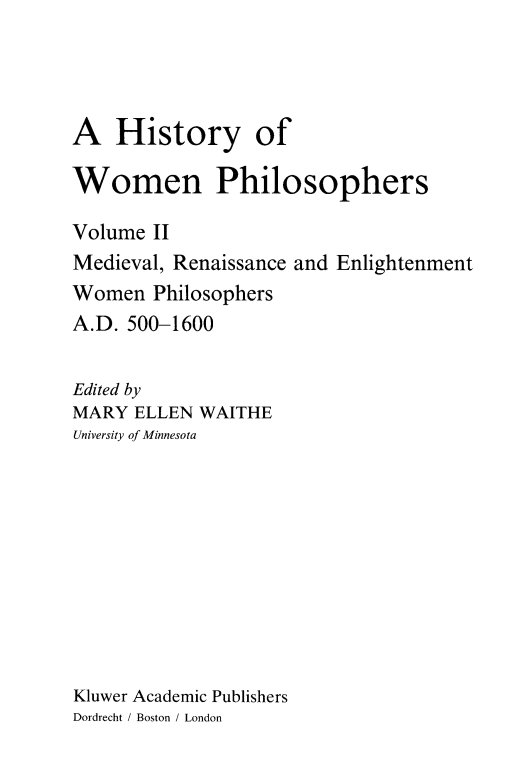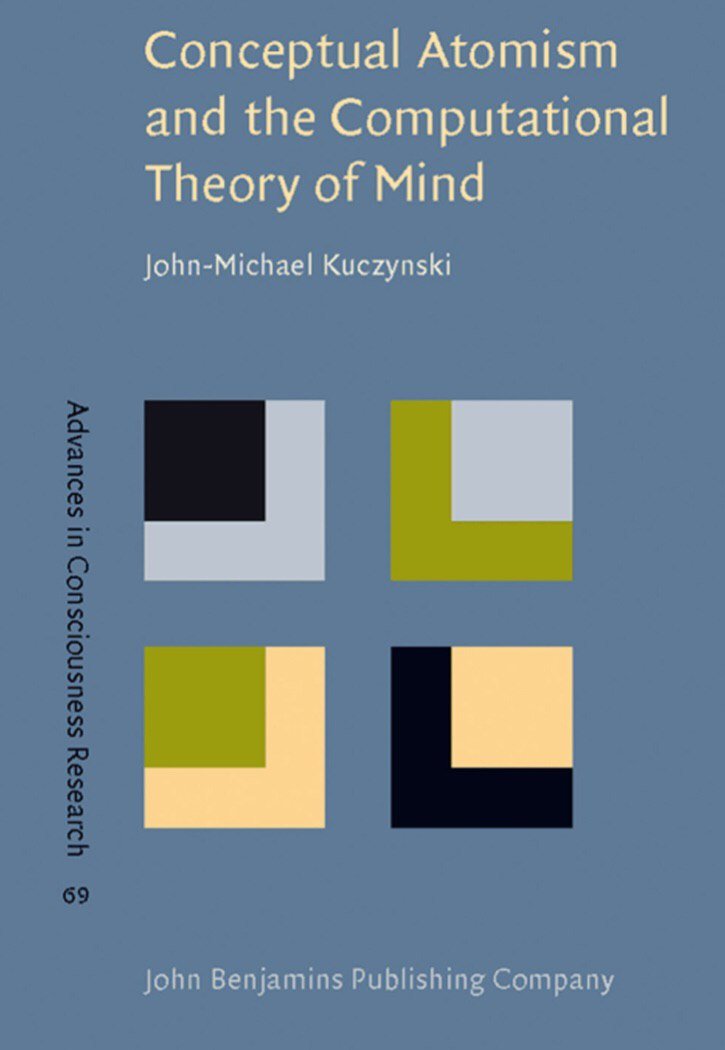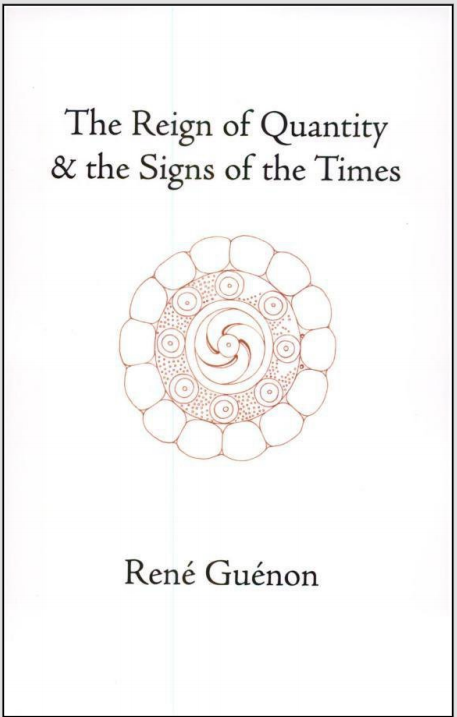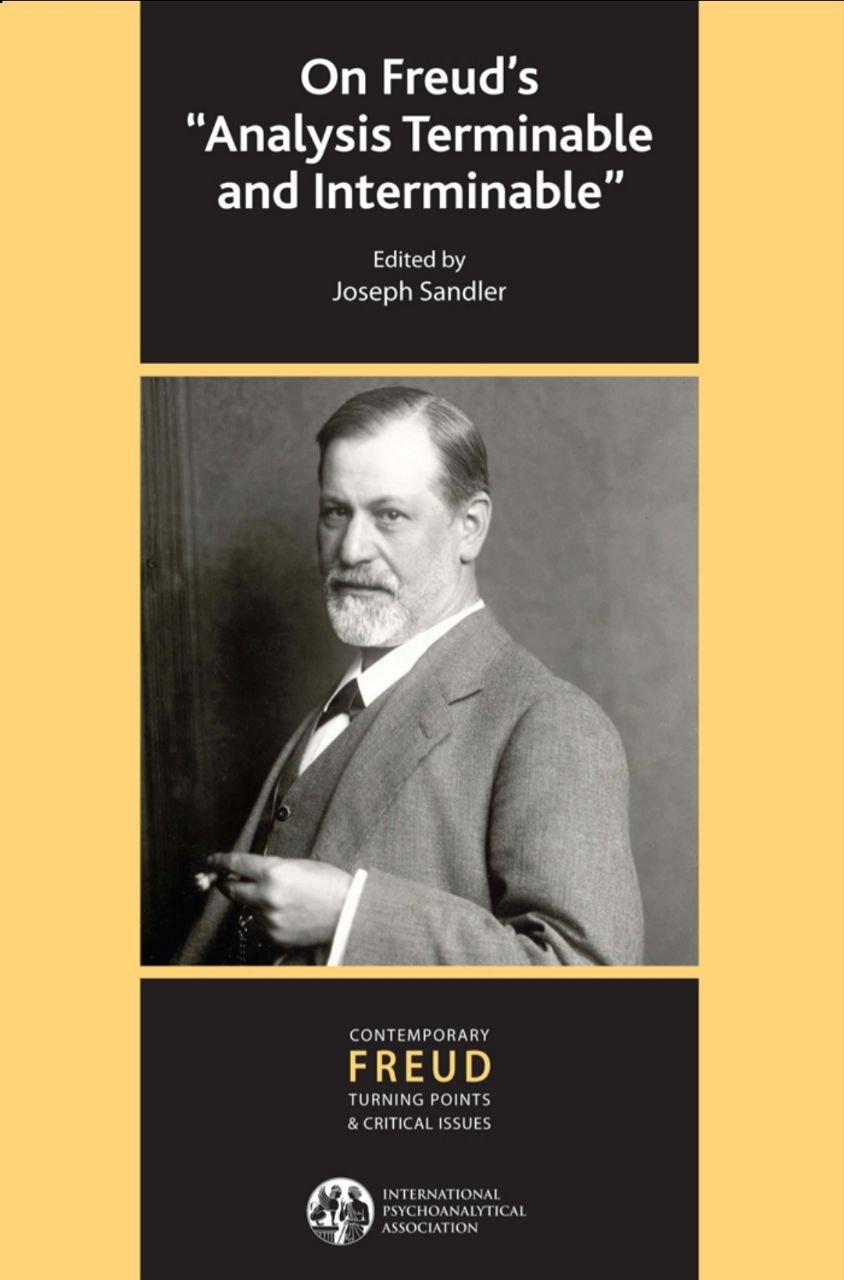

On Freud’s Beyond the Pleasure Principle
Private Book Reader
Access your private PDF books securely. Upload and enjoy reading your personal collection anytime.
Read Your Private BookShort Audio Book Summary
On Freud’s Beyond the Pleasure Principle Summary
0:00 / 0:00Reviews
No review yet. Be the first to review this book!
Description
On Freud’s “Beyond the Pleasure Principle”, edited by Salman Akhtar and Mary Kay O’Neil, offers a profound and multilayered engagement with one of Freud’s most revolutionary and enigmatic texts. First published in 1920, Beyond the Pleasure Principle marks a dramatic turning point in Freud’s metapsychology. In this essay, Freud ventures beyond the earlier foundational theory that human behavior is solely governed by the pursuit of pleasure and the avoidance of unpleasure. He introduces the radical concept of the “death drive” (Thanatos), a counterforce to Eros (the life drive), suggesting that psychic life is driven not only by the quest for gratification but also by an unconscious compulsion to repeat, to return to an earlier, even inorganic state—a movement toward death, stasis, or non-being. Akhtar and O’Neil gather an impressive array of psychoanalytic thinkers to unpack the clinical, theoretical, and philosophical implications of this groundbreaking and often controversial text. The contributors trace the essay’s impact on later psychoanalytic developments, from object relations and drive theory to trauma theory and beyond. They explore the repetition compulsion as not merely a symptom of pathology but as a fundamental feature of mental life, intimately connected to trauma, memory, and identity. Freud’s reflections on traumatic neurosis—particularly in the wake of World War I—are revisited in the context of contemporary understandings of PTSD and the psychic echoes of violence and loss. This volume also delves into the dialectic between Eros and Thanatos, life and death, growth and disintegration. The editors and contributors examine how this dual-drive theory has influenced thinking on aggression, self-destructive behavior, masochism, and the limits of therapeutic change. Clinically, the book offers insight into how the death drive may appear in analysis—not just through overt destructiveness, but also through withdrawal, passivity, or compulsive repetition of painful relational patterns. On Freud’s “Beyond the Pleasure Principle” is not only a critical reexamination of one of Freud’s most speculative works—it is also a testament to the enduring power of psychoanalytic inquiry to confront the deepest paradoxes of human existence. By revisiting Freud’s willingness to challenge his own earlier theories and grapple with the darker undercurrents of the mind, this book invites contemporary readers and clinicians to do the same. It affirms the text’s lasting relevance in understanding suffering, desire, repetition, and the fragile tension between creation and destruction that shapes our inner world.













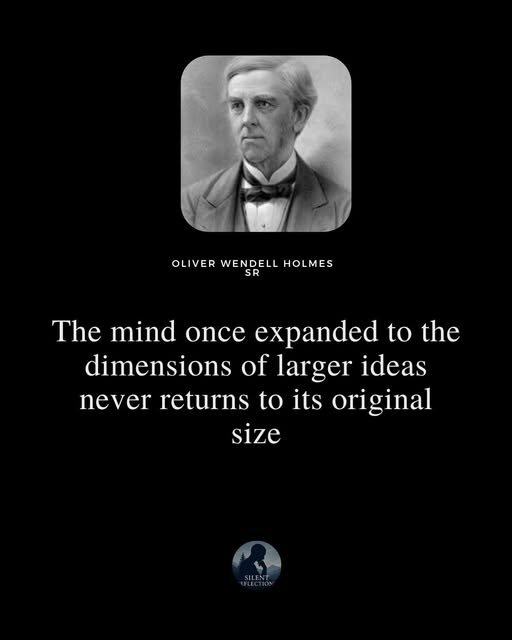








.jpg)






.jpg)






.jpg)





.jpg)

.png)




.jpg)
.jpg)















.jpeg)




.jpg)
.jpeg)



.jpeg)





.jpeg)








.jpeg)
.jpg)



